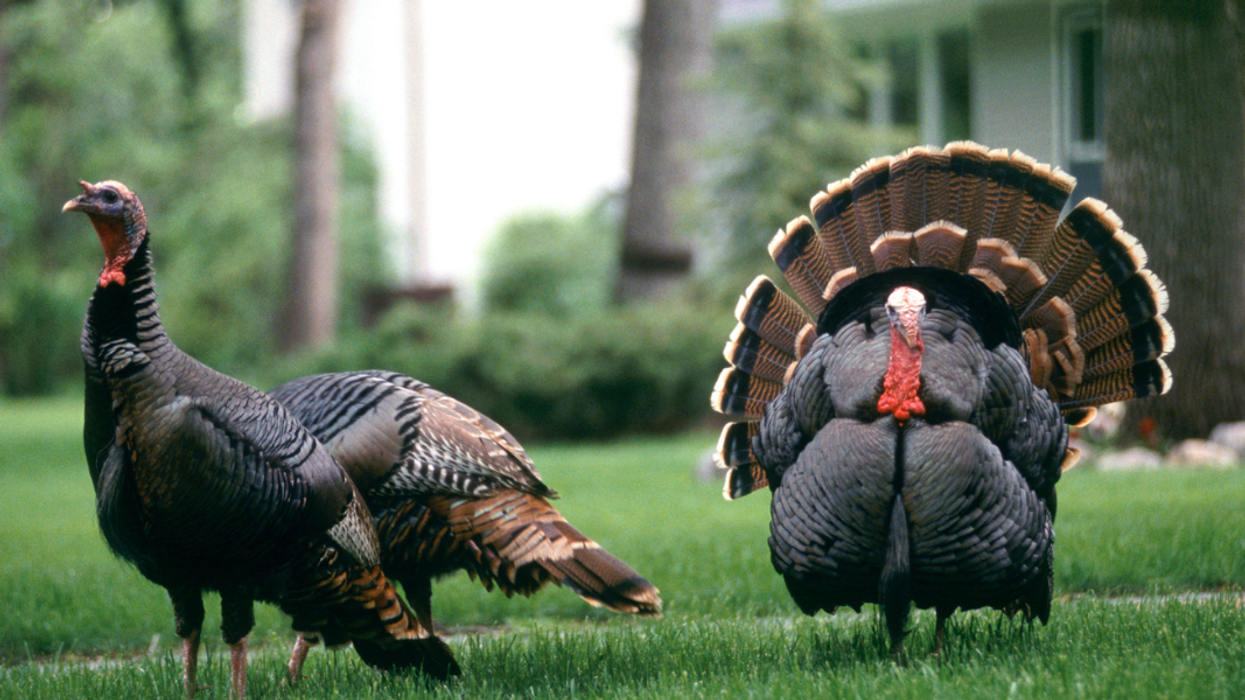Lockard has a Master’s Degree in English Literature from the University of Northern Iowa (1994) and has continued classes at the Writer’s Workshop in Iowa City. She writes regularly for "The Courier", a regional newspaper, and has published several short stories and poetry. Amy and her husband live in Cedar Falls, Iowa with the youngest three of their eight children.
This week, on Thursday, our nation will celebrate—no, not Black Friday’s Eve— but Thanksgiving Day. Traditionally most of us have considered Thanksgiving a holiday created to celebrate our heritage, revolving around the pilgrims and Native Americans and the first Thanksgiving feast, a day centered around food and family.
But the impetus for the Thanksgiving holiday was born of something much deeper. It was a national call from three of our greatest presidents for our citizens to pause and give thanks, a proclamation at critical times in our history, which reflected their own psyches and their hopes for our country.
These presidents: Washington, Lincoln and (Theodore) Roosevelt, not coincidentally three of “Four of Mount Rushmore” were each instrumental in creating and maintaining Thanksgiving as a national holiday. Despite their individual reputations and high standing, they felt it necessary that they, and we, humble ourselves and give thanks for our country. They believed thankfulness an essential component of a strong individual, as well as of a strong nation.
George Washington originated the idea, with his Thanksgiving Proclamation of 1789, declaring a day of public thanks to be observed in November of that year. Our first president thought it essential we pause for reflection, to ask for guidance for our new nation as it established itself after the Revolutionary War and to give thanks for victory.
Subsequent presidents let the states decide when and if Thanksgiving would be celebrated, until our sixteenth president, Abraham Lincoln, reinstated it as a national tradition in 1863. In the midst of the Civil War, at the helm of the worst internal conflict in our country’s history, he deemed it necessary to give thanks for “peace preserved with all (other) nations, (that) order has been maintained, the laws have been respected and obeyed, and harmony has prevailed everywhere except the theatre of military conflict,” and set the date for Thanksgiving as the last Thursday in November.
Our twenty-sixth president, Teddy Roosevelt, assuming the presidency after McKinley was assassinated, when there was a “keen anxiety for the country” (sound familiar?) issued Proclamation 822 in 1908, establishing the fourth Thursday of November as a day for thanksgiving and making it a national holiday. He wrote, “The things of the body are good; the things of the intellect better; the best of all are the things of the soul; for in the national as in the individual, in the long run it is character which counts.”
Each of these great men personally possessed the “golden” character trait of thankfulness. They knew gratitude could pull citizens from the cynicism or despair of their times by shifting the focus and each was instrumental in shaping our nation’s spirit, reminding us how essential it is to be thankful for our country and its providence.
The “gratitude thing” is now a commercially popular concept. There are dozens of gratitude journals and books, podcasts and shows, vying to teach us to be grateful and promoting the powers of daily positive thinking as a recipe for happiness. Tailored to every segment of the population and ranging from religious to scientific, all encourage us to cultivate an “attitude of gratitude.”
However, gratitude is, obviously, not a new concept and many of these reflections miss a bigger point. Recording our personal victories and wishes fulfilled has value, but in a larger sense we who are lucky enough to live in this country have already hit the jackpot, and very often without recognizing it. Without working to maintain our standing through appreciating it, we have the propensity to turn our tremendous fortune into misfortune.
However expressed in each of us, this quality of thankfulness is bigger than any of us. It is a necessary element in happy individuals and a critical part of the make-up of a vibrant nation. It is the fount of every blessing, the wind in our sails, the center of our joy. Thankfulness is the calm middle in the whirling dervish we call life, the ability to see not what’s wrong, but appreciate what is right, even the impetus to right the wrongs.
Call it then Gratitude. Or Love. Call it God or our Higher Power or the Better Part of Humanity. Call it Joy or our Song or Blessings. Or Good Fortune.
But call it; and do all you can to keep it. Call it Thanksgiving.




















Trump & Hegseth gave Mark Kelly a huge 2028 gift